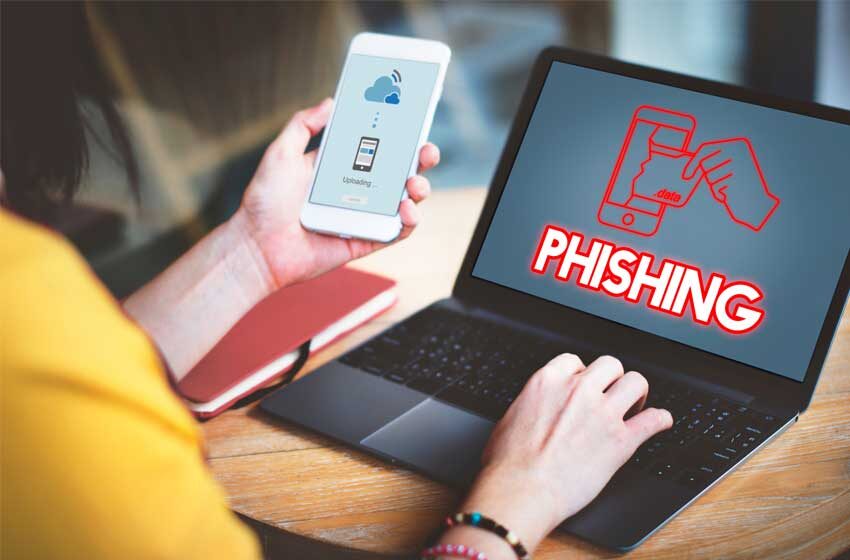Australian Businesses affected by scammers throughout the Pandemic

The year 2021 witnessed a resurgence in the Covid-19 cases with the outbreak of the second wave of the disease. Consequently, the Australian government imposed and extended the lockdown across all the states, shutting down companies and businesses. The economy suffered a hard blow as people could not travel to workplaces; the government restricted inter-state, national, or international travel indefinitely.
To save their companies from incurring further losses, they started the work from home structure. Australians began working from their home offices and kitchen tables as an appropriate measure for social distancing. Although the gradual shift in the work setting kept them safe and away from being infected, it made them vulnerable to cybersecurity threats.
One of the recurring scams that occurred during the Pandemic was phishing attempts, wherein the criminals would send links via text message or email. These texts would appear legit as they would have “GOV” mentioned in the link, indicating that the government sent it.
Furthermore, if anyone clicked on the link, it led to installing malware designed to steal the person’s bank details.

Scamwatch, a website run by the Australian Competition and Consumer Commission (ACCC), had received 94 reports of Covid-19 scams. However, Karl Hanmore, the acting head of the Australian Cyber Security Centre — part of the Australian Signals Directorate emphasised that the text messages are fake and are fraudulent in nature.
Healthcare sector
Among the several industries, critical sector like the healthcare sector was subjected to an increased threat of ransomware attacks during the Pandemic. During the time of crisis, people depend upon medical facilities, the banking sector, and healthcare, so criminals focus on these industries to scam people.
Ian Atkinson, director of the eResearch Centre at James Cook University, pointed out that during the Pandemic, when people were stressed looking into their superannuation funds and health insurance, the cybercriminals would take advantage of the situation. Colin Denver, the chief executive of the start-up SpeeDx, which makes respiratory virus tests said that their company ensured that all employees could work remotely. Also, amidst the health crisis, keeping their business open and providing the needful was a major concern.
According to Mr Denver, it is significant that companies that make essential components like protective medical equipment or ventilators continue their work during the Pandemic.
The severity of scams
Amongst all the states in Australia, Victoria was the most targeted state by scammers during the Covid-19 Pandemic. The Australian Competition and Consumer Commission (ACCC) reported that the state encountered the highest degree of scammers throughout the Pandemic, increasing by 115 percent over one year.

Delia Rickard, ACCC deputy chair, Delia Rickard pointed out unusual economic and social situations propelled by lengthy Victorian lockdowns are the reasons for scams and losses. She elaborated those lockdowns caused severe circumstances that increased the susceptibility to scams.
For example, people suffered as they lost their jobs. Also, when they accessed the JobKeeper program, they became more vulnerable to government impersonation, early access, and investment scams.
Protection against the scammers
People scammed had reported enormous losses, but they are expected to surge higher when they go unreported. Furthermore, scammers continue to become more sophisticated and take advantage of people from all walks of life. Also, it becomes difficult to differentiate and identify any reliable source, especially when people get messages and notifications from imposters.
Following are the tips that Consumer Affairs Victoria advises employees and businesses to follow to avoid scammers:
- First, do not reveal personal or financial information in emails.
- Establish clear for verifying, paying, and managing accounts and invoices.
- Limit the number of people having authority to place orders or pay invoices.
- Deal with trustworthy businesses and people.
- Use reputable, up-to-date anti-virus software and a firewall.
- Don’t click on links in emails from unfamiliar businesses or sources.
- Never rely on information provided by a person or business that you don’t know and trust.
- Always seek independent advice if a product or service is expensive or requires a written agreement.





